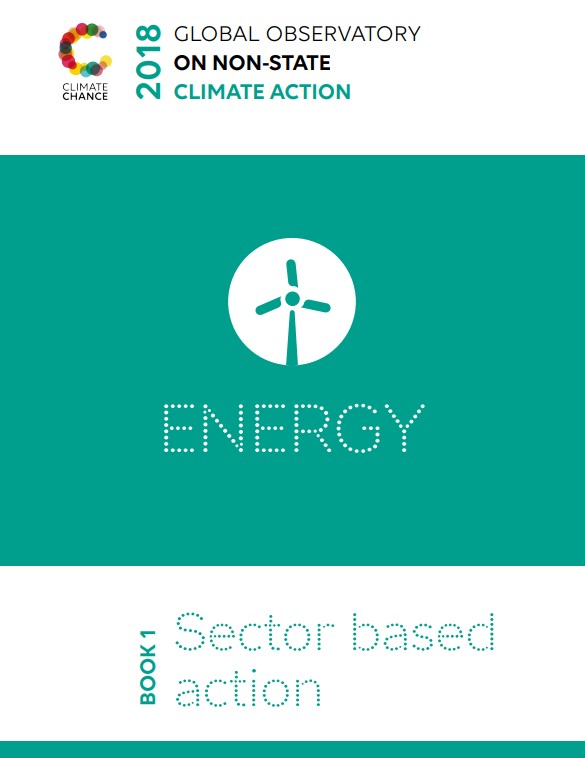Energy • The long road to low carbon energy
With an electrification rate of 87%, electricity has become a part of everyday life for the vast majority of people around the globe. The production of electricity and heat plays a central role in improving living conditions and economic development, but is also responsible for almost a quarter of manmade greenhouse gas emissions.

2018
Thibault Laconde • Consultant, Energy & Development ; Germán Bersalli • Researcher, Univ. Grenoble Alpes, CNRS, INRA, Grenoble INP, GAEL
Introduction
With an electrification rate of 87%, electricity has become a part of everyday life for the vast majority of people around the globe. The production of electricity and heat plays a central role in improving living conditions and economic development, but is also responsible for almost a quarter of manmade greenhouse gas emissions. Achieving a drop in emissions from this sector is therefore a major challenge in limiting the scale of global warming
Contents
1 • Emissions pushed up by demand for electricity
• Evolution of emissions levels
• Electricity demand continues to grow
• Evolution of the electricity mix
2 • Global policy trends
• In 2016, electricity became the top recipient of fossil energy subsidies
• Policies in favour of renewables
3 • Economic stakeholders and their environment
• Traditional operators in trouble
• Increasing influence of new operators and solutions
4 • Local initiatives: a crucial aspect of the transition
• Local governments: supplementing state efforts through innovation
• Civil society reclaiming its electricity
Conclusion
Demand for electricity is continuing to increase: over the course of the last 20 years, the electricity sector has been responsible for 70% of the increase in primary energy consumption (BP, 2018). Although progress has been made, this increase in consumption has not yet been offset by a decline in carbon intensity, and emissions are continuing to rise. However, behind its infrastructural inertia, the electricity sector is experiencing a phase of rapid restructuring, characterized by the loss of influence of central governments and major electricity companies, with power being ceded to local governments and new economic operators. This transformation is contributing to the emergence of economic models with lower levels of emissions, and could perhaps prefigure the transition towards fully-decarbonized production of electricity and heat.


